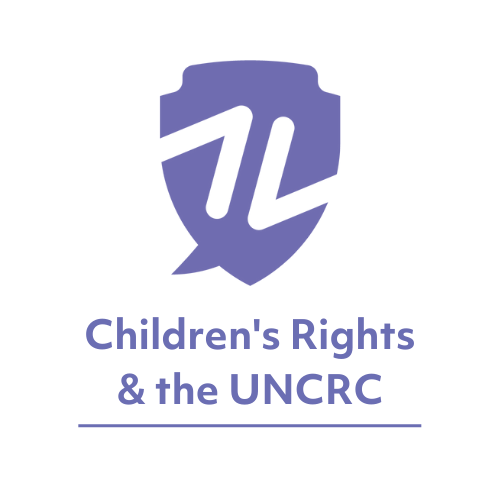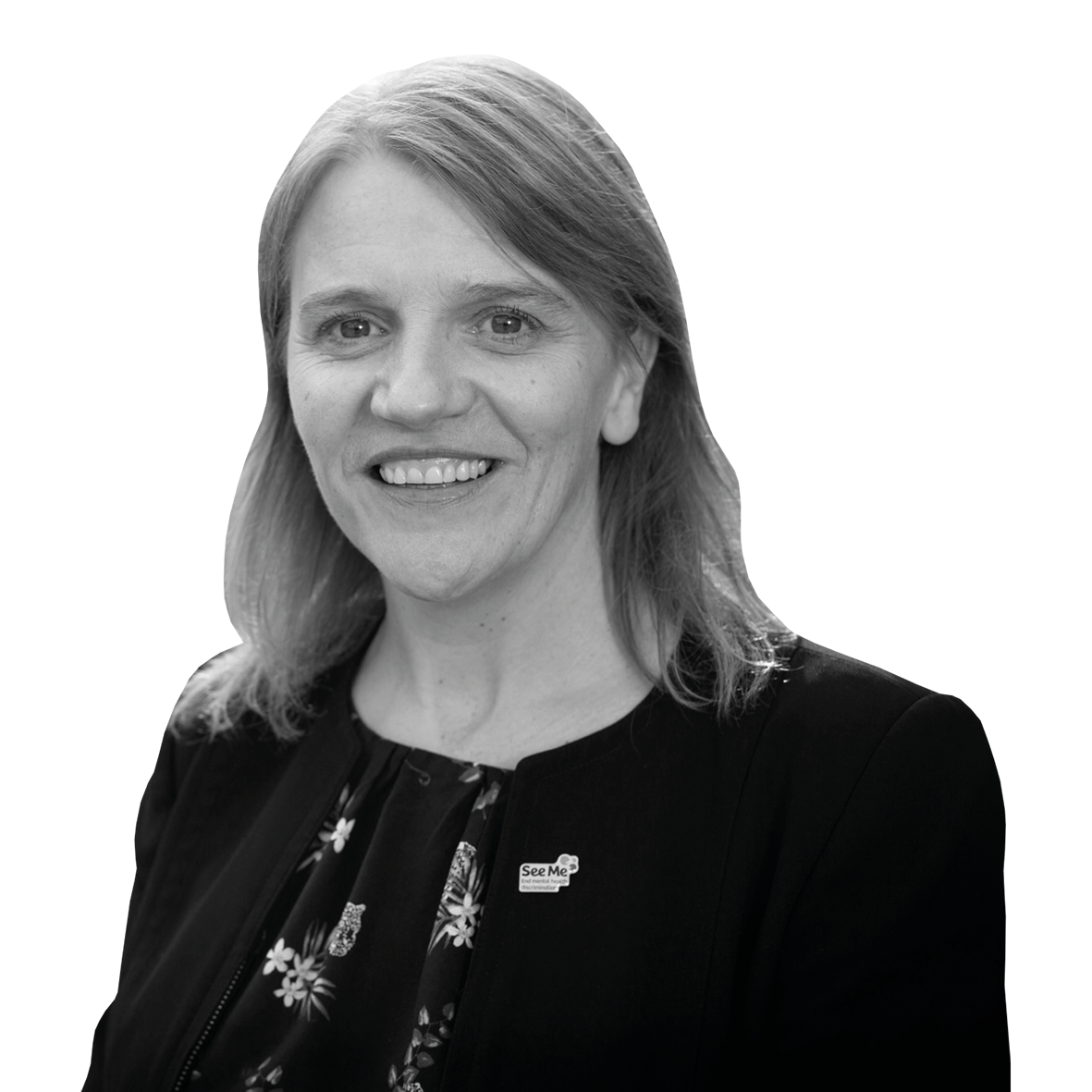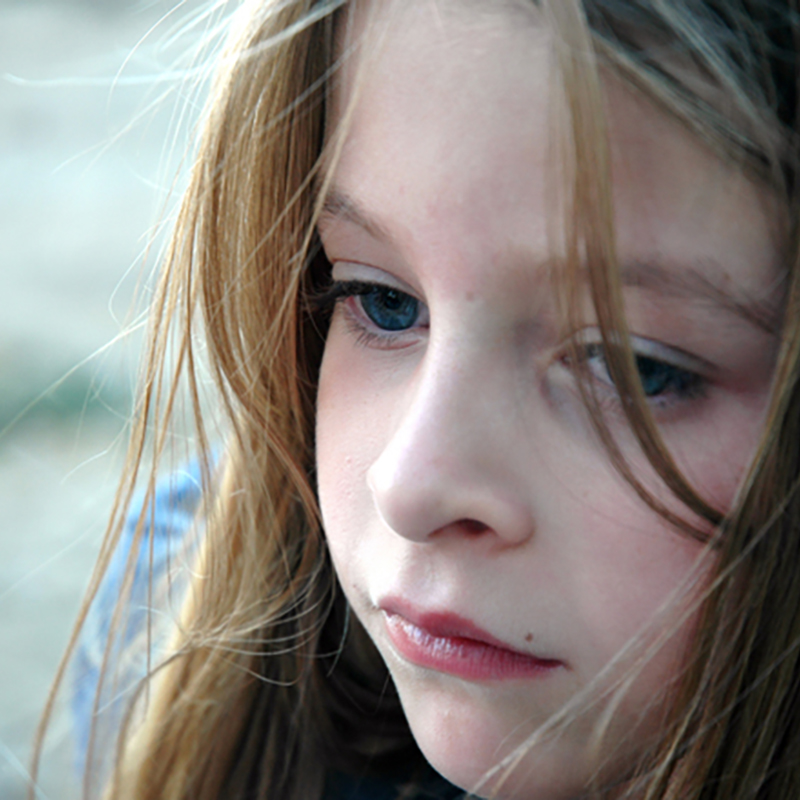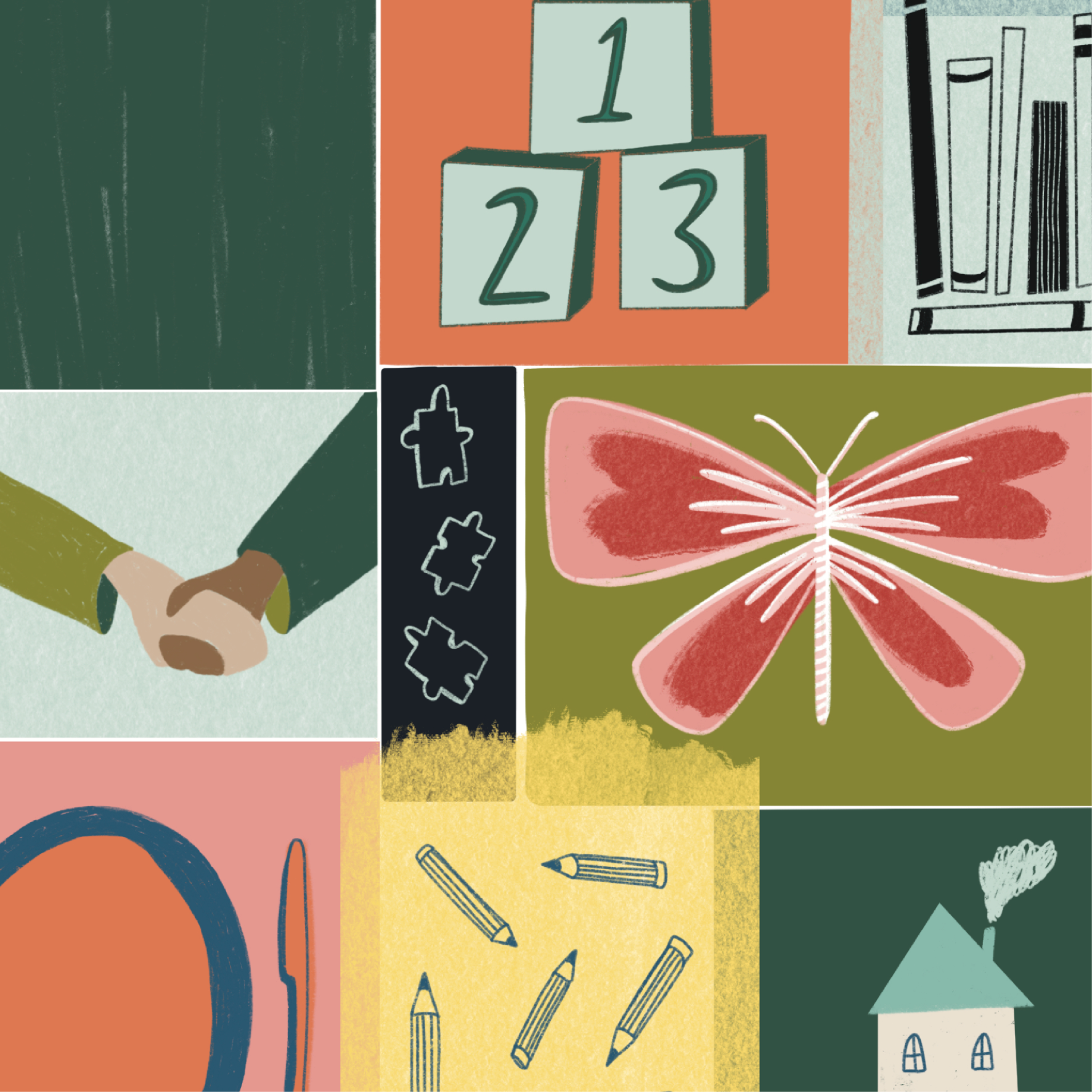Research reveals almost half of secondary school pupils are missing out on hobbies
Media release
10 February
New research reveals that almost half of young people of secondary school age are missing out on out-of-school activities or hobbies, with young people living in areas of high deprivation even less likely to take part.
New Ipsos research commissioned by Children in Scotland asked 1500 young people aged 11 to 18 about the clubs and activities they took part in after school or at the weekend.
It found that only 54% of young people of secondary school age said that they take part in a club or activity outside of school. This dropped to 45% among secondary school aged children living in the areas of highest deprivation, compared with 65% in the most affluent areas. Those living with a physical or mental health condition were also less likely to take part in clubs or activities out of school.
Children in Scotland commissioned the research to support the call to government for a national hobby premium to ensure that all children and young people in Scotland have free access to a hobby or activity of their choosing.
Click here to read our Manifesto for 2021-26 which includes the call for a Hobby Premium.
Article 31 of the UN Convention on the Rights of the Child states that children have a right to leisure and play. Hobbies are a way for children to play, explore their interests, build skills, make mistakes and grow.
Evidence from countries where support for hobbies is in place, for example Finland, shows that taking part in hobbies has a hugely positive impact on children and young people’s confidence, wellbeing and learning. Benefits can be both immediate and longer term. However, barriers such as cost and availability can mean that not all children have equal access to hobbies and their associated benefits.
Survey results
Providing data on the current Scottish context, responses from 1533 secondary school pupils as part of an Ipsos survey, conducted between September - December 2022, revealed that:
- Overall, about half (54%) of secondary school aged children (S1 to S6) say they are currently taking part in an out of school club or activity
- Less than half (45%) of secondary school aged children living in the areas of highest deprivation are taking part in an out of school club or activity. This compares with 65% in the most affluent areas.
- Young people with a physical or mental health condition are less likely to take part in a club or activity than those with no physical or mental health condition (51% and 62% respectively)
- Slightly more children who identify as white take part in clubs and activities than those who identify with another ethnicity (56% and 52% respectively)
- Rates of participation in clubs and activities are broadly the same for girls and boys (54% and 55% respectively)
- Rates of participation in clubs and activities are broadly the same for those living in rural and urban areas (52% and 54% respectively)
The call for a hobby premium
On the results from the survey and their implications for children and young people’s health and wellbeing, Head of Policy, Projects and Participation at Children in Scotland, Amy Woodhouse says:
“It’s of real concern that a significant proportion of young people are not taking part in a club or after school activity. That participation is less common for those living in areas with high deprivation or with a physical or mental health condition adds to evidence from elsewhere that barriers relating to cost and accessibility can be an influencing factor.
Given the importance of hobbies to physical and emotional wellbeing, we need government to take up the call for a hobby premium and invest in increasing access to hobbies for all children living in Scotland.
For more information about the Hobby Premium:
Media contact: Catherine Bromley – email cbromley@childreninscotland.org.uk
Notes for editors
Project background
Children in Scotland launched the call for a Hobby Premium for Scotland within its 2021-26 Manifesto, published in November 2020. The call is supported by Children in Scotland’s members and its partners across the sector including Play Scotland, Early Years Scotland, Children 1st, YouthLink Scotland and Together.
2021-2026 Manifesto
Our Manifesto outlines key suggested changes in policy and legislation - it contains 10 themes and 33 calls
Click here to access
The call for a Hobby Premium
Read our policy briefing: “Why Scotland should introduce a Hobby Premium: The Right to Play”
Click here to read
Consultation responses
Our members' expertise informs positions we take on child policy and legislation
Click here to read
Children's Rights and the UNCRC Training
Bridging policy and practice: bespoke children's rights training tailored to your organisation’s needs
Click here for more









